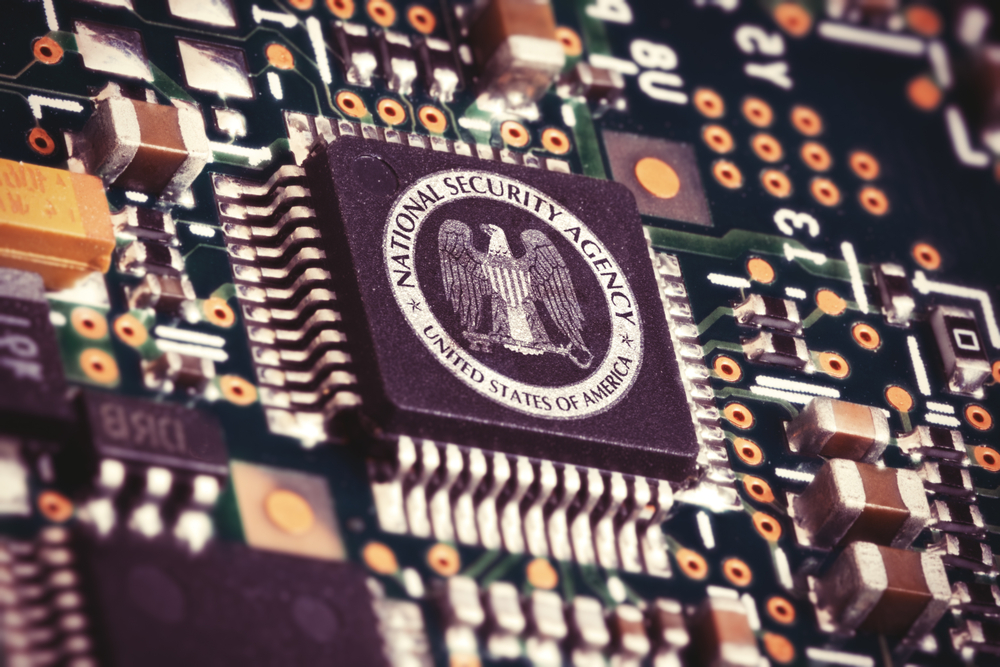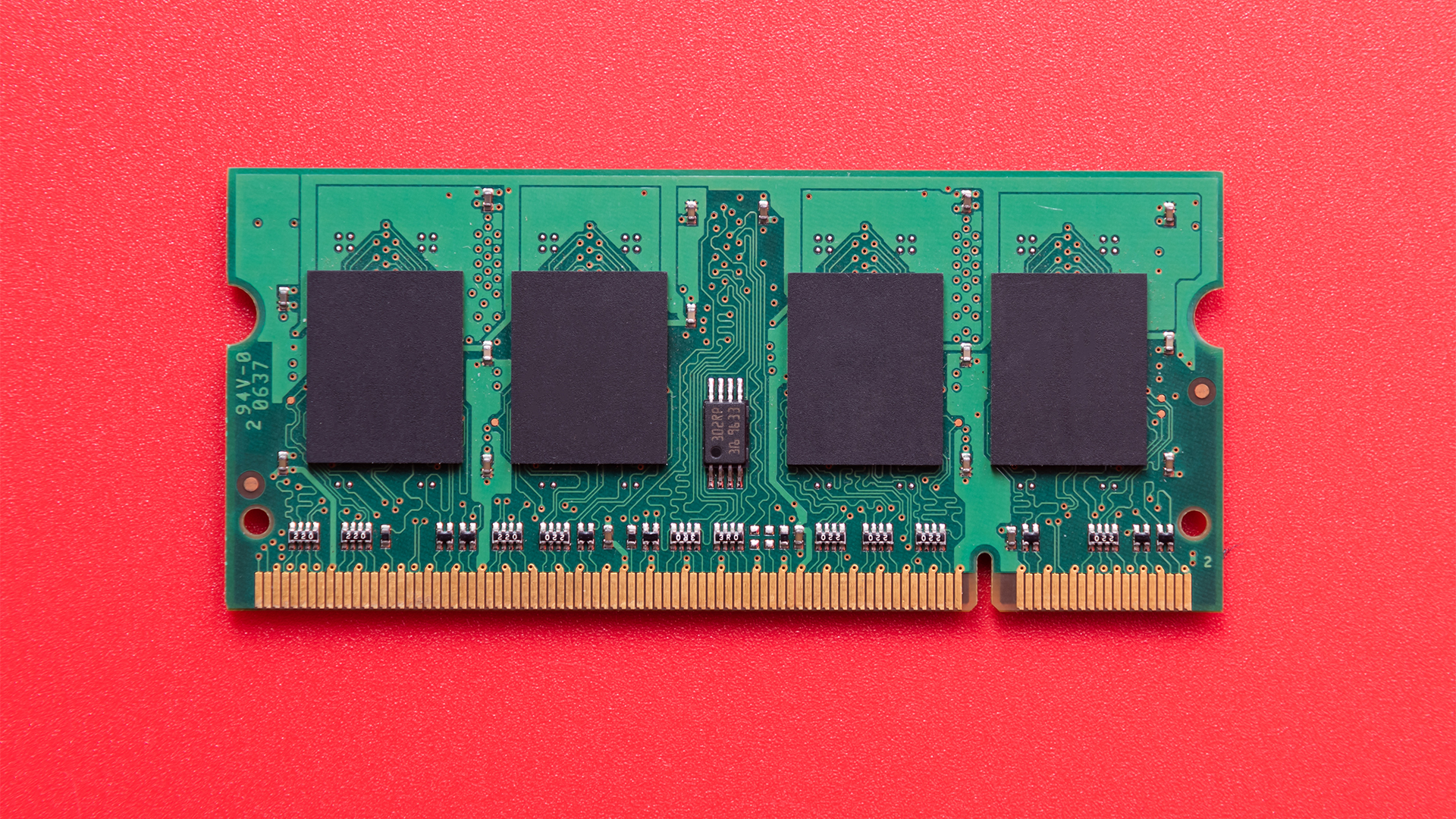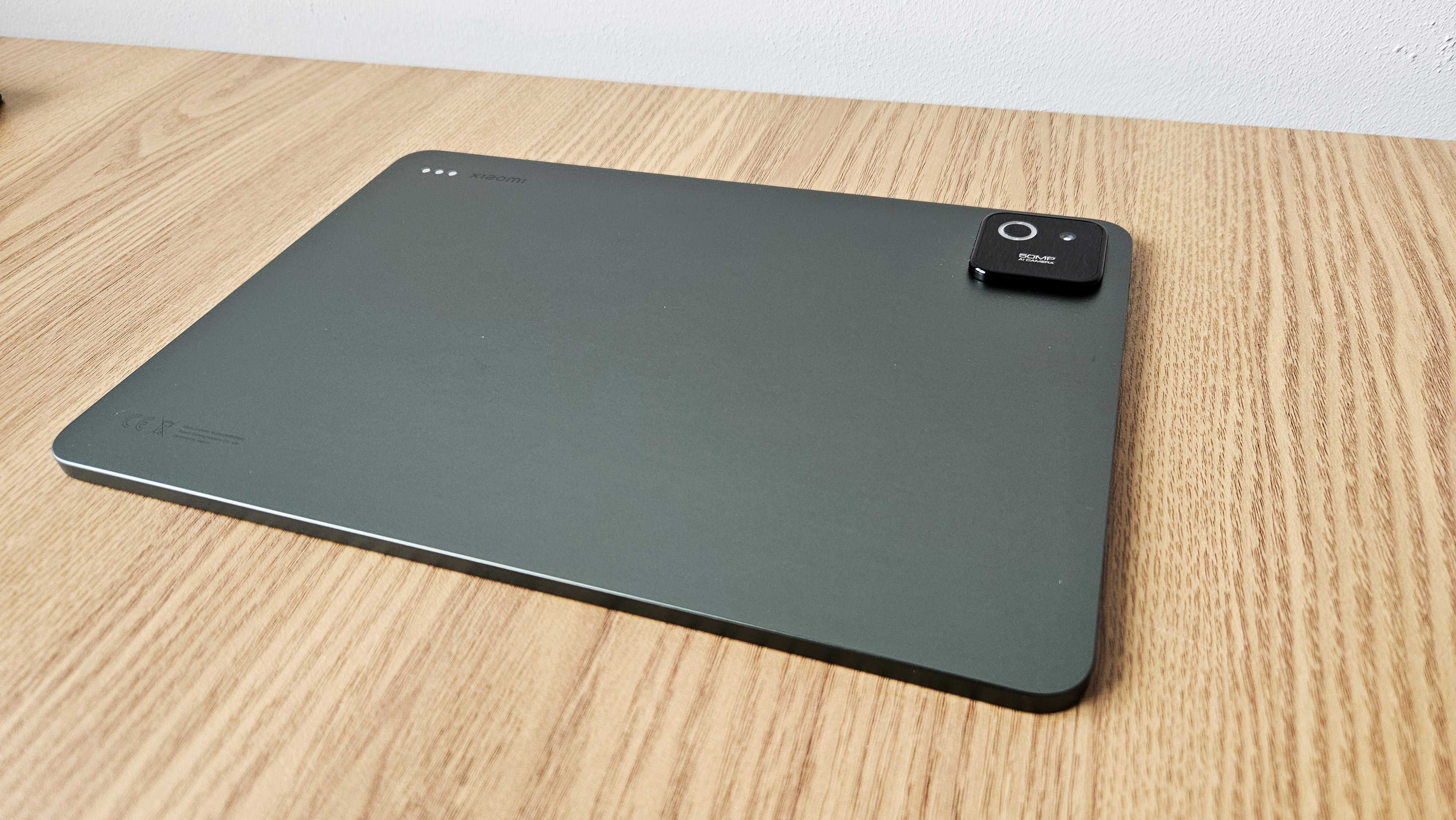RSA 2016: Ex-NSA officer admits other countries could open encryption backdoors
The Apple-FBI encryption battle rightly dominates discussion at security conference


Sign up today and you will receive a free copy of our Future Focus 2025 report - the leading guidance on AI, cybersecurity and other IT challenges as per 700+ senior executives
You are now subscribed
Your newsletter sign-up was successful
Here in San Francisco, the NSA and FBI are exhibiting alongside encryption vendors on the show floor of the RSA security conference.
They seem to be on a dual-pronged mission mixing recruitment (there's plenty of talented folk walking the floors here) with marketing, but their appearance is somewhat ironic given their attitudes to encryption.
Edward Snowden has accused the NSA of breaking encryption methods to protect web users' data.
The FBI, meanwhile, is currently embroiled in a battle with Apple in Congress, seeking to force the tech giant to help it bypass an iPhone security barrier.
This has been the main talking point here at RSA 2016 when you leave the fantasy world of the vendor booths on the show floor. Move into the smaller halls and the multiple conference rooms, and you'll find the academics, security researchers, tech experts and policy people who really are all talking about the problems of deliberately weakening strong encryption.
The argument used today by everyone from the FBI to our own government is that strong encryption weakens national security and presents a real and present danger to our wellbeing. But that same argument has been used in all the 'crypto wars' dating back at least thirty years, and it's as wrong now as it was then.
What threatens our wellbeing are terrorists, what weakens national security are misguided efforts to undermine that encryption, coupled with the naive belief that a backdoor can somehow only be exploited by one set of actors.
Sign up today and you will receive a free copy of our Future Focus 2025 report - the leading guidance on AI, cybersecurity and other IT challenges as per 700+ senior executives
As I write this I have just stepped out of a debate with the title 'Can government encryption backdoor and privacy coexist?', and the answer is no.
Michelle Dennedy, chief privacy officer of Cisco, debated the question with Dr. Matthew Green, a renowned crypto-engineer and co-author of the 'Keys Under Doormats' paper with Rivest, and the former general counsel for the NSA, Richard Marshall.
Marshall spent a great deal of the debate shooting quizzical looks in the direction of Dr Green and shaking his head at the latter's claims that "the NSA steals keys" or "no country can break good encryption, the NSA only breaks lousy encryption".
Dennedy was much better value, and the session would have been worth sitting through just for her quip in response to Dr Green suggesting that if it looks like a backdoor and smells like a backdoor then let's agree to call it a backdoor: "I'm not smelling your backdoor" she insisted.
Jocular retorts aside, this was an important debate. Even Marshall admitted that "10 or 12 countries have the technological know-how to be able to take advantage of encryption vulnerabilities as we do". This, for me, pretty much seals the deal. When the former NSA guy who appears to be broadly supportive of the FBI position suggests that a backdoor could be opened by others, this should effectively end the debate.
Backdoors always weaken the encryption ecosystem. Fact.
Backdoors violate tried and tested design principles of secure systems. Fact.
If the FBI really wanted to get the data off that iPhone, then why not hand it over to the NSA? As I have said before, this is less about technical backdoors and more about legal precedents.
And that's what really worries me. If the current legal moves to force a backdoor into the encrypted iPhone fail, then what is the alternative? Could it be something much worse, like the banning of all strong encryption?
There's the real dichotomy of the situation, and it's one that will only become worse as time passes and crypto-tech advances. If we don't get to grips with the issue today then the consequences could become very chilling indeed in the future.
Davey is a three-decade veteran technology journalist specialising in cybersecurity and privacy matters and has been a Contributing Editor at PC Pro magazine since the first issue was published in 1994. He's also a Senior Contributor at Forbes, and co-founder of the Forbes Straight Talking Cyber video project that won the ‘Most Educational Content’ category at the 2021 European Cybersecurity Blogger Awards.
Davey has also picked up many other awards over the years, including the Security Serious ‘Cyber Writer of the Year’ title in 2020. As well as being the only three-time winner of the BT Security Journalist of the Year award (2006, 2008, 2010) Davey was also named BT Technology Journalist of the Year in 1996 for a forward-looking feature in PC Pro Magazine called ‘Threats to the Internet.’ In 2011 he was honoured with the Enigma Award for a lifetime contribution to IT security journalism which, thankfully, didn’t end his ongoing contributions - or his life for that matter.
You can follow Davey on Twitter @happygeek, or email him at davey@happygeek.com.
-
 Scalper bots are running riot as memory shortages continue
Scalper bots are running riot as memory shortages continueNews DataDome says bots are driving up the price of DRAM even further thanks to AI demand
-
 Xiaomi Pad 8 Pro review
Xiaomi Pad 8 Pro reviewReviews Xiaomi's newest entry offers strong performance, a vibrant 11-inch screen and a blockbuster battery life to maximize productivity
